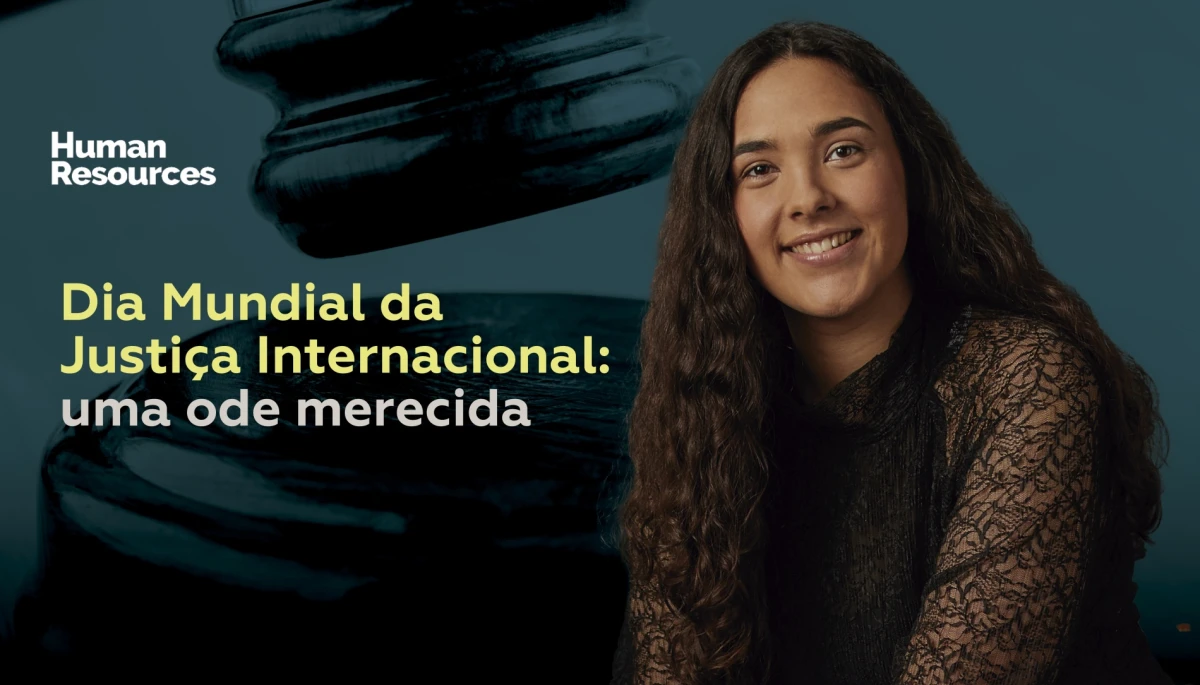
World Day for International Justice: A Well-Deserved Tribute

This month marks the celebration of the World Day for International Justice, and never has this day deserved such a strong celebration.
On May 19, 2010, during the Review Conference of the Rome Statute of the International Criminal Court, held in Kampala, Uganda, the various states agreed to declare July 17 as the "Day of International Criminal Justice" or, as it is also commonly known, the "World Day for International Justice."
This date was chosen in tribute to the adoption of the Rome Statute of the International Criminal Court, the treaty that established the International Criminal Court.
But what is the International Criminal Court? What are its powers?
In 1998, the States Parties to the Rome Statute, including Portugal, recognizing that in the 20th century millions of children, men, and women were victims of unimaginable atrocities and that the crimes behind them are, by their nature, a threat to peace, security, and the well-being of humanity, decided to put an end to the impunity of the perpetrators of these crimes and to ensure lasting respect for international criminal justice, creating for this purpose the International Criminal Court.
This Court investigates and, when necessary, prosecutes individuals accused of the most serious crimes of international concern, such as genocide, war crimes, crimes against humanity, and the crime of aggression. In doing so, it complements the work carried out by the national criminal jurisdictions of each State Party.
Although its work may go unnoticed by the less attentive, in 2023 the entire world turned its spotlight on the Court when a panel of judges issued an arrest warrant for Putin, due to acts committed in the Russia-Ukraine conflict.
Currently, the Court has dozens of ongoing cases and investigations, among which the investigations into the conflicts in Ukraine and Palestine stand out. However, there are still countries today that do not recognize its jurisdiction or challenge the legality or validity of its decisions.
Even so, we believe that the work carried out by the International Criminal Court serves as a deterrent to criminal behavior and, due to its supranational nature, ensures uniformity and effectiveness in the application of sanctions and, as such, deserves recognition and appreciation.
We therefore understand that celebrating the World Day for International Justice is a tribute to the International Criminal Court and should be upheld, especially in today’s world.
Believing in justice will always be the solution.



